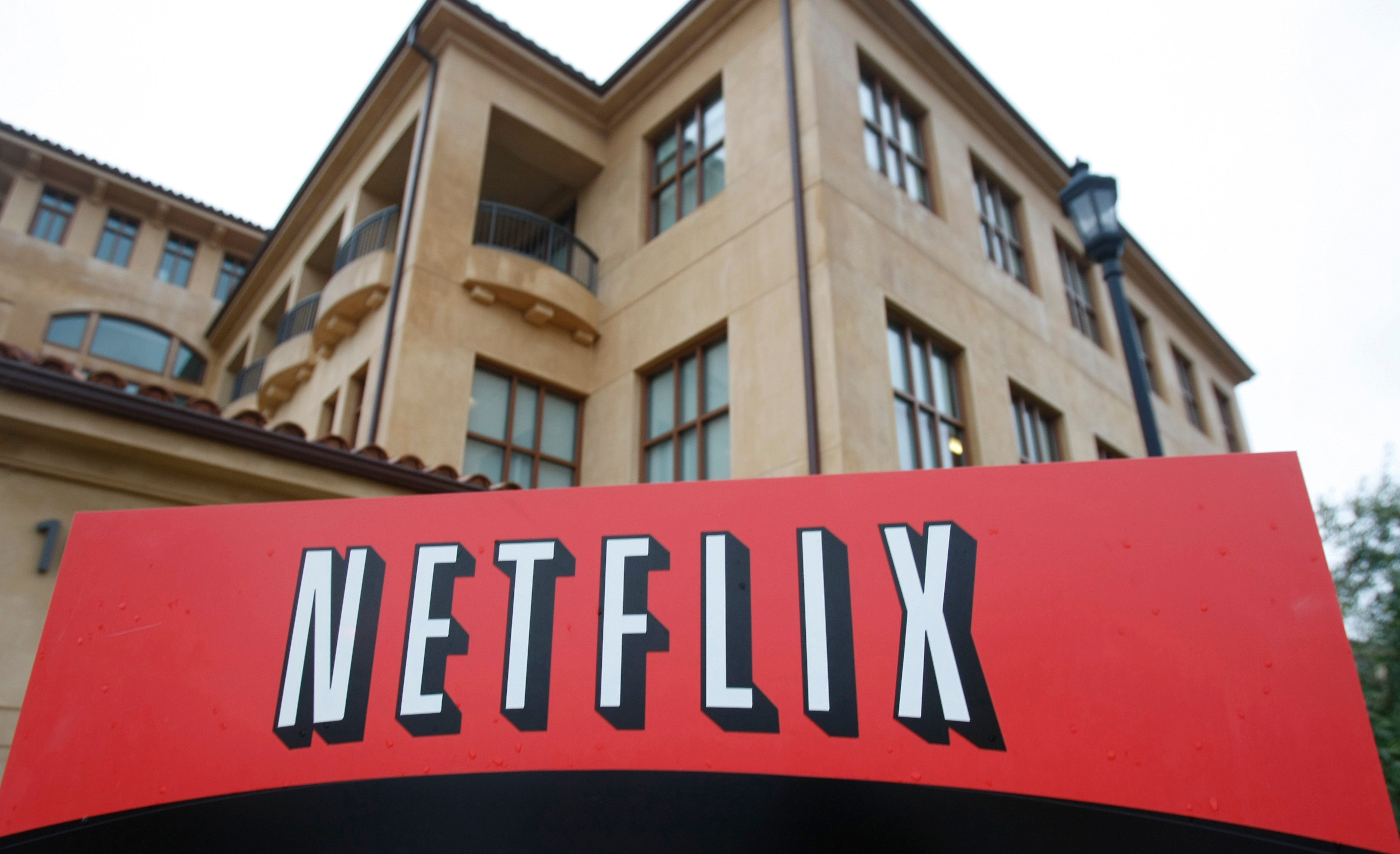Netflix ads are coming and will be powered by Microsoft technology

Your support helps us to tell the story
From reproductive rights to climate change to Big Tech, The Independent is on the ground when the story is developing. Whether it's investigating the financials of Elon Musk's pro-Trump PAC or producing our latest documentary, 'The A Word', which shines a light on the American women fighting for reproductive rights, we know how important it is to parse out the facts from the messaging.
At such a critical moment in US history, we need reporters on the ground. Your donation allows us to keep sending journalists to speak to both sides of the story.
The Independent is trusted by Americans across the entire political spectrum. And unlike many other quality news outlets, we choose not to lock Americans out of our reporting and analysis with paywalls. We believe quality journalism should be available to everyone, paid for by those who can afford it.
Your support makes all the difference.Netflix has chosen Microsoft to deliver its upcoming ads, in a new subscription offering that marks a major change for Netflix.
In recent months, Netflix had been rumoured to be adding commercials into its streaming service, and allowing people to pay less if they are subjected to them. In recent weeks, it confirmed that it is planning to introduce the change.
Unlike traditional TV services, Netflix has always eschewed ads. But the change of course came as its revenues started to fall and subscribers left the service.
Now it has confirmed that Microsoft will be delivering those ads, and providing the technology that allows them to served to customers.
Both Microsoft and Netflix stressed that the ads would be delivered with a focus on Microsoft’s “approach to privacy”. Microsoft said that approach “is built on protecting customers’ information”, and Netflix said the ads would include “strong privacy protections for our members”.
The alliance with Microsoft marks a major step towards Netflix‘s first foray into advertising after steadfastly refusing to include commercials in its video streaming service since its inception 15 years ago.
Netflix said it would abandon its resistance to adverts three months ago after admitting it lost 200,000 subscribers during the first three months of the year amid stiffer competition and rising inflation that has pressured household budgets, causing management to realise the time has come for a less expensive option.
The service said it will likely report even larger subscriber losses for April-June, increasing the urgency to rollout a cheaper version of its service backed by ads to help reverse customer erosion.
That decline has contributed to a 70% decline in its stock price so far this year, wiped out about 190 billion US dollars (£160.4 billion) in shareholder wealth and triggered hundreds of redundancies.
The California company is scheduled to release its April-June numbers on July 19, but has still not specified when its ad-supported option will be available - except to say it will be before 2023.
Netflix‘s announcement about the Microsoft partnership also left out a key piece of information: the anticipated price of the ad-supported option.
“It’s very early days and we have much to work through,” Greg Peters, Netflix‘s chief operating officer, said in a post that also highlighted Microsoft‘s “strong privacy protections”.
Landing an advertising deal with a video streaming service boasting more than 220 million subscribers represents a major coup for Microsoft, which has been engaged in a long-running and often acrimonious battle for the past 20 years with Google, the dominant force in digital advertising.
“This deal gives Microsoft something its growing ad business has lacked - quality streaming video inventory that has potential to scale,” said Insider Intelligence analyst Ross Benes.
In a post which also underscored the company’s commitment to privacy, Mikhail Parakhin, Microsoft‘s president of web experiences, said the Washington firm is “thrilled” with Netflix‘s choice.
While Microsoft still makes software powering most of the world’s personal computers, Google has become increasingly powerful through its dominant search engine, ubiquitous Android software for smartphones and other popular digital services that last year generated more than 200 billion dollars (£168.8 billion) in advertising revenue - far more than any other marketing network.
But Google advert sales depend heavily on the personal information that its mostly free services collect about their billions of worldwide users, a form of surveillance that Netflix evidently wants to avoid to lessen the chances of alienating subscribers.
Google also owns YouTube, which already competes against Netflix for people’s attention and will soon be an advertising rival too.
Microsoft may also have had another factor working in its favour: Netflix‘s co-founder and co-CEO, Reed Hastings, served on Microsoft‘s board of directors from 2007 to 2012.
Additional reporting by Associated Press
Join our commenting forum
Join thought-provoking conversations, follow other Independent readers and see their replies
Comments